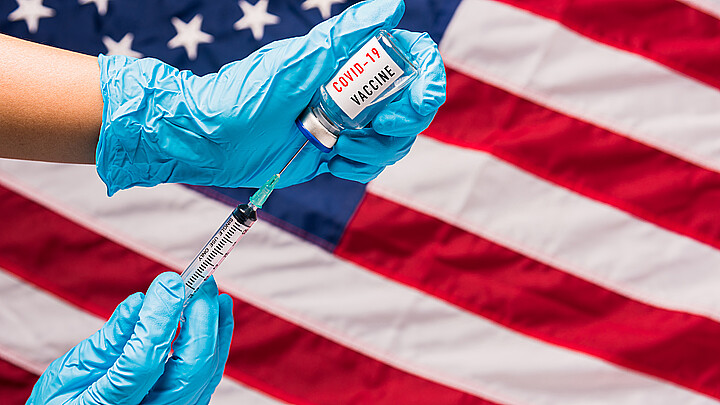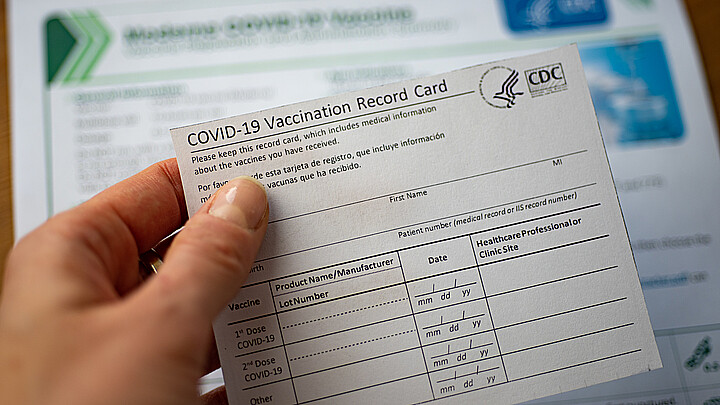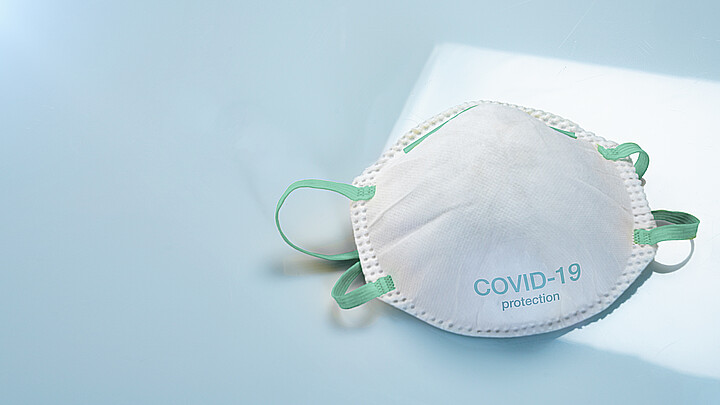Coronavirus
American parents mistrust mainstream media on vaccination information, poll finds
Seventy-five percent of unvaccinated parents distrust mainstream media sources and get most of their information from social media
December 7, 2021 9:48am
Updated: December 7, 2021 9:48am
As some parents ponder on whether to get their young children vaccinated against COVID-19, a new poll shows a majority of unvaccinated parents distrust mainstream media.
A poll conducted by YouGov and commissioned by the family advocacy organization ParentsTogether shows 75% of unvaccinated parents distrust mainstream media sources and get most of their information from social media.
In contrast, 58% of vaccinated parents prefer to get most of their COVID-19 information from mainstream media.
The poll also shows two out of three parents agree that health misinformation is a problem on social media.
Dalia Hashad, director of online safety with ParentsTogether, said social media plays a big part in if parents will get their kids the shot.
“Not just for pictures of your kids, or taking a selfie and posting it, it is very influential in people’s life and death decisions,” Hashad said.
Final clearance for the shots was granted by federal regulators on Nov. 2, with the first doses to kids beginning in some locations the following day.
About 3% of newly eligible children in the U.S. got vaccinated in the first week, but the rate of vaccinations varied around the country, as it has for adult vaccines.
The Illinois Department of Public Health reports vaccines are available at local health departments around Illinois, at pharmacies, and other providers. More than 2,000 providers in the state registered to administer vaccines to young patients, and the department is working with schools to set up vaccination clinics and youth vaccine events.
As the omicron variant makes headlines, Hashad said she wants parents to get the right information before deciding whether to vaccinate their children.
“We don’t want parents to make decisions out of fear, we want them to make decisions because they are looking at the science and they are talking to their pediatrician,” Hashad said.










